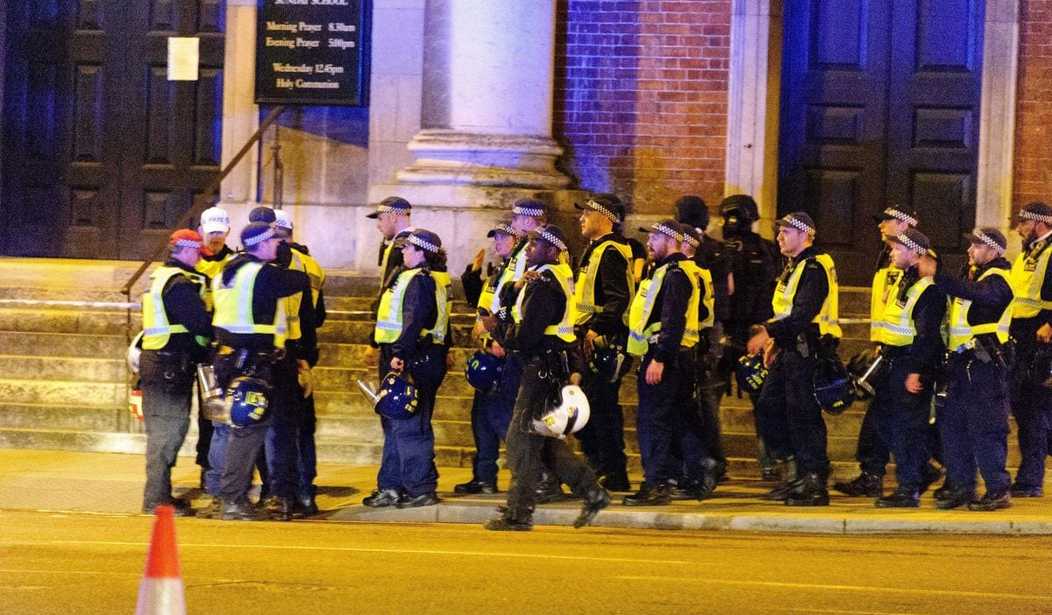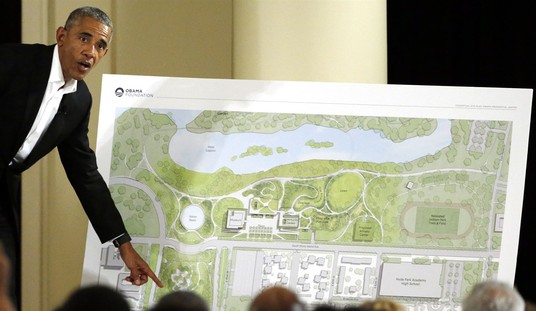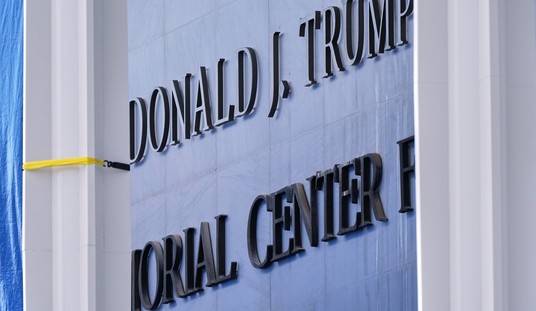Prime Minister Teresa May may have surprised some in Great Britain by the strong language she used in talking about the terrorist attacks in London.
After previous terror attacks, May would urge Britons to get back to life as usual as the best response to the terrorists.
But her speech from 10 Downing Street early this morning was far more pointed and direct in describing the threat and how Great Britain should react to it.
She described previous attacks this year, as well as plots that were foiled.
Two weeks ago the Manchester Arena was attacked by a suicide bomber and now London has been struck once more.
And at the same time the security and intelligence agencies and police have disrupted five credible plots since the Westminster attack in March.
In terms of their planning and execution, the recent attacks are not connected but we believe we are experiencing a new trend in the threat we face.
As terrorism breeds terrorism and perpetrators are inspired to attack, not only on the basis of carefully constructed plots after years of planning and training, and not even as lone attackers radicalised online, but by copying one another and often using the crudest of means of attack.
We cannot and must not pretend that things can continue as they are. Things need to change and they need to change in four important ways.
First, while the recent attacks are not connected by common networks, they are connected in one important sense. They are bound together by the single evil ideology of Islamist extremism that preaches hatred, sows division and promotes sectarianism.
It is an ideology that claims our Western values of freedom, democracy and human rights are incompatible with the religion of Islam. It is an ideology that is a perversion of Islam and a perversion of the truth.
Defeating this ideology is one of the great challenges of our time, but it cannot be defeated by military intervention alone. It will not be defeated by the maintenance of a permanent defensive counter-terrorism operation, however skillful its leaders and practitioners.
It will only be defeated when we turn people’s minds away from this violence and make them understand that our values – pluralistic British values – are superior to anything offered by the preachers and supporters of hate.
Long term, May is correct. The only way to fight an idea is with a better idea. To do that, you must have the utmost confidence that the ideas you are promoting are superior to those you are fighting. Sadly, Great Britain does not possess that confidence now and it’s hard to see how they could ever get it back in the future.
As for the other three steps May lists as important in the terrorism fight, she’s on firmer ground.
Second, we cannot allow this ideology the safe space it needs to breed. Yet that is precisely what the internet, and the big companies that provide internet-based services provide.
We need to work with allied democratic governments to reach international agreements that regulate cyberspace to prevent the spread of extremist and terrorism planning. And we need to do everything we can at home to reduce the risks of extremism online.
Third, while we need to deprive the extremists of their safe spaces online, we must not forget about the safe spaces that continue to exist in the real world. Yes, that means taking military action to destroy Isis in Iraq and Syria. But it also means taking action here at home.
While we have made significant progress in recent years, there is – to be frank – far too much tolerance of extremism in our country. So we need to become far more robust in identifying it and stamping it out across the public sector and across society. That will require some difficult, and often embarrassing, conversations.
But the whole of our country needs to come together to take on this extremism, and we need to live our lives not in a series of separated, segregated communities, but as one truly United Kingdom.
Fourth, we have a robust counter-terrorism strategy, that has proved successful over many years. But as the nature of the threat we face becomes more complex, more fragmented, more hidden, especially online, the strategy needs to keep up.
So in light of what we are learning about the changing threat, we need to review Britain’s counter-terrorism strategy to make sure the police and security services have all the powers they need.
And if we need to increase the length of custodial sentences for terrorist-related offences – even apparently less serious offences – that is what we will do. (Emphasis mine)
Coming from a British politician with an election in four days, these words may not be surprising. But her opponent, Labour Party chief Jeremy Corbyn, is even more ambivalent about terrorism, saying that the attacks were Great Britain’s fault because of their intervention in Libya and Syria and that the violence will not stop Great Britain from it’s goal of “diversity.”
Clearly, if the election were going to swing on the terrorism issue, May’s words and Corbyn’s mealy-mouthed excusing of terrorists’ actions would give the Tory leader a big win on Thursday.










Join the conversation as a VIP Member